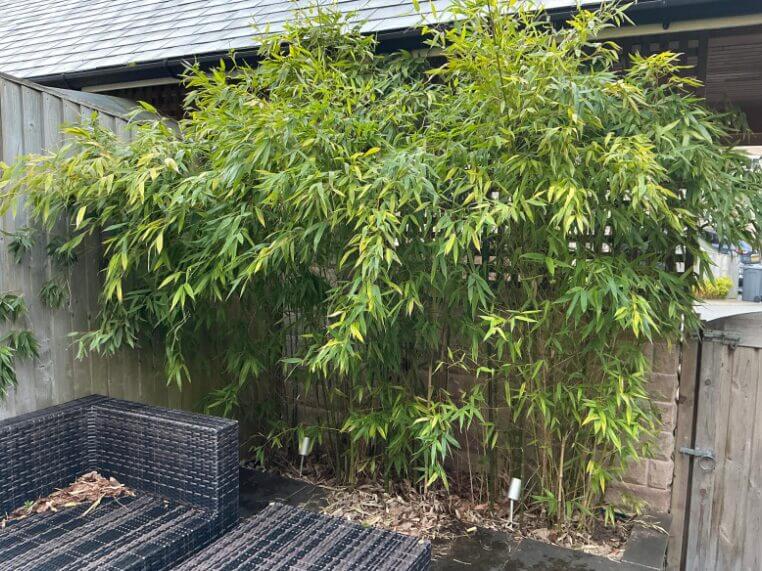Weeds in your garden can be a pain at the best of times… invasive weeds are even worse! Here is a list of the top 5 invasive weeds in the UK and what to look out for:

As most people are aware, Japanese knotweed is an extremely invasive weed that has been proven to be difficult to remove/kill. If the tiniest trace of the rhizome is left in the soil, a completely new plant can be produced.
As Japanese knotweed can break through concrete, tarmac and drains it is vitally important that it is dealt with by a professional company in an effective manner and one that provides a ten-year insurance backed guarantee along with £5 million pounds professional indemnity insurance on each individual job.
Japanese knotweed can grow up to 10 cm per day during the growing season. If you find Japanese Knotweed it is best to be left to be removed by the experts!
As well as being an invasive species of plant, the sap that Giant hogweed produces can actually cause severe burns and blisters when coming into contact with human and animal skin. Please do be careful if you have either young children or dogs and you see this plant as it has killed a young woman before.
Giant hogweed spreads via its seeds – one plant can produce up to 50,000 seeds with a 90% germination rate. This plant is a significant health and safety risk and as such it should be dealt with by professionals.

Even though this weed produces pretty pink flowers, do not be deceived! This plant is highly invasive.
Himalayan Balsam can produce up to 800 seeds per year, with each seed being able to survive for 2 years – even in shaded areas. This species also tends to shade out other vegetation meaning that, eventually, all surrounding plants may die out. This can have a significant impact on soil erosion especially around streams and rivers.
This shrub can be identified by its leathery, dark-green, oval leaves, clusters of pink funnel-shaped flowers and tall height.
Rhododendron Ponticum kills surrounding plants by absorbing and blocking out all of the sunlight. In addition to this, the leaves are incredibly toxic to animals!
Eradication can take place by excavation or cutting down to ground level and drilling and inserting slow release herbicide pellets.


With hundreds of varieties, some varieties are significantly more invasive than others; outcompeting native plants for light and nutrients.Additionally, the running bamboo can easily invade neighbouring gardens and reduce the use of lawn areas as it can pop up everywhere.
If it invades neighbouring properties a civil lawsuit can be raised against you specifically for encroachment and reduced enjoyment of the use of your property.
Scared that you have the number one invasive plant on this list? Don’t panic, get it touch with us today!
